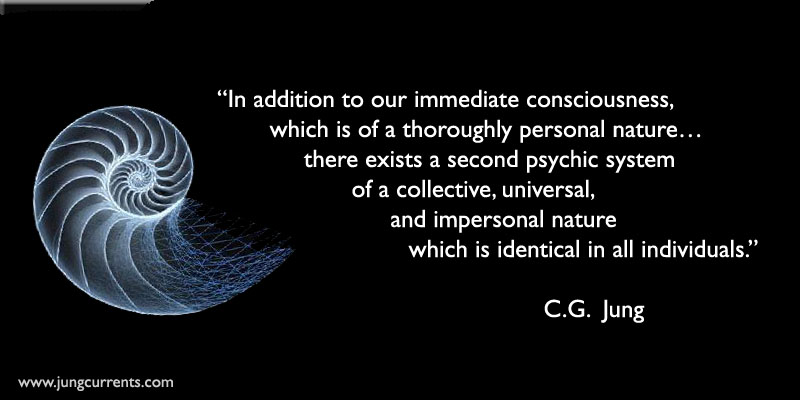

Unlike Freud, Jung believed complexes could be very diverse, rather than individuals simply having a core sexual complex.Ĭomplexes often behave in a rather automatic manner, which can lead to a person feeling like the behaviour that arises from them is out of his or her control. Jung also saw the unconscious as the house of potential future development, the place where as yet undeveloped elements coalesced into conscious form.Ĭomplexes, in the Jungian sense, are themed organizations in the unconscious mind centering around patterns of memories, emotions, perceptions, and wishes, patterns that are formed by experience and by an individual’s reactions to that experience. Unlike Freud, Jung saw repression as just one element of the unconscious, rather than the whole of it. I call the sum of these contents the ‘personal unconscious’.” “Everything of which I know, but of which I am not at the moment thinking everything of which I was once conscious but have now forgotten everything perceived by my senses, but not noted by my conscious mind everything which, involuntarily and without paying attention to it, I feel, think, remember, want, and do all the future things which are taking shape in me and will sometime come to consciousness all this is the content of the unconscious… Besides these we must include all more or less intentional repressions of painful thought and feelings. The personal unconscious arises from the interaction between the collective unconscious and one’s personal growth, and was defined by Jung as follows: It may, therefore, show up later in the form of dreams or visions, thus entering into the conscious mind.

The ego is just one small portion of the self, however Jung believed that consciousness is selective, and the ego is the part of the self that selects the most relevant information from the environment and chooses a direction to take based on it, while the rest of the information sinks into the unconscious. The origin of the ego lies in the self archetype, where it forms over the course of early development as the brain attempts to add meaning and value to its various experiences. Some people have developed more of one or two of these facets than the others, which shapes how they perceive the world around them. How a person relates to the external world is, according to Jung, determined by their levels of extroversion or introversion and how they make use of the functions of thinking, feeling, sensation, and intuition. It is the part that links the inner and outer worlds together, forming how we relate to that which is external to us. This part can be seen as a kind of “command HQ”, organizing our thoughts, feelings, senses, and intuition, and regulating access to memory. To Jung, the ego was the center of the field of consciousness, the part of the psyche where our conscious awareness resides, our sense of identity and existence. His concept of the psyche is broken down as follows: Jung saw the psyche as something that could be divided into component parts with complexes and archetypal contents personified, in a metaphorical sense, and functioning rather like secondary selves that contribute to the whole. Jung believed that the psyche is a self-regulating system, rather like the body, one that seeks to maintain a balance between opposing qualities while constantly striving for growth, a process Jung called “ individuation”. Psychological terms coined by Jung include the archetype, the complex, synchronicity, and it is from his work that the Myers-Briggs Type Indicator (MBTI) was developed, a popular staple of personality tests today.Īmong Jung’s most important work was his in-depth analysis of the psyche, which he explained as follows: “ By psyche I understand the totality of all psychic processes, conscious as well as unconscious,” separating the concept from conventional concept of the mind, which is generally limited to the processes of the conscious brain alone. Few people have had as much influence on modern psychology as Carl Jung we have Jung to thank for concepts like extroversion and introversion, archetypes, modern dream analysis, and the collective unconscious.


 0 kommentar(er)
0 kommentar(er)
